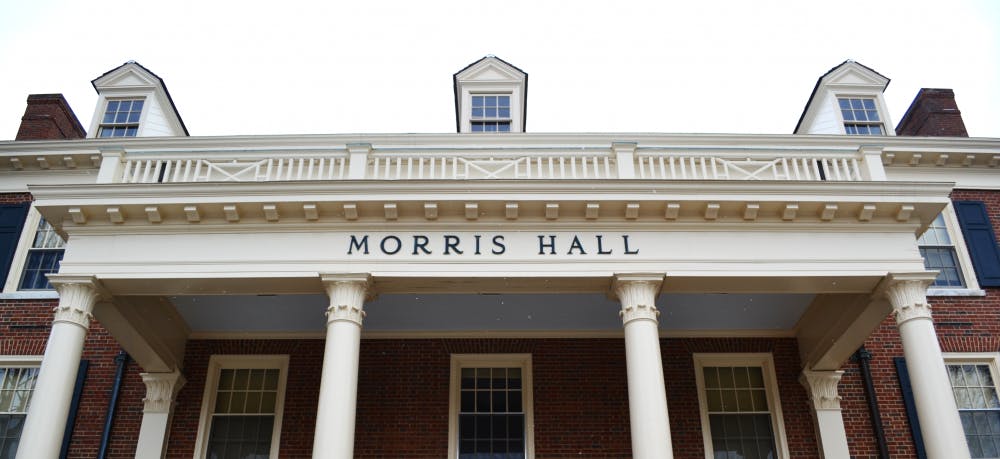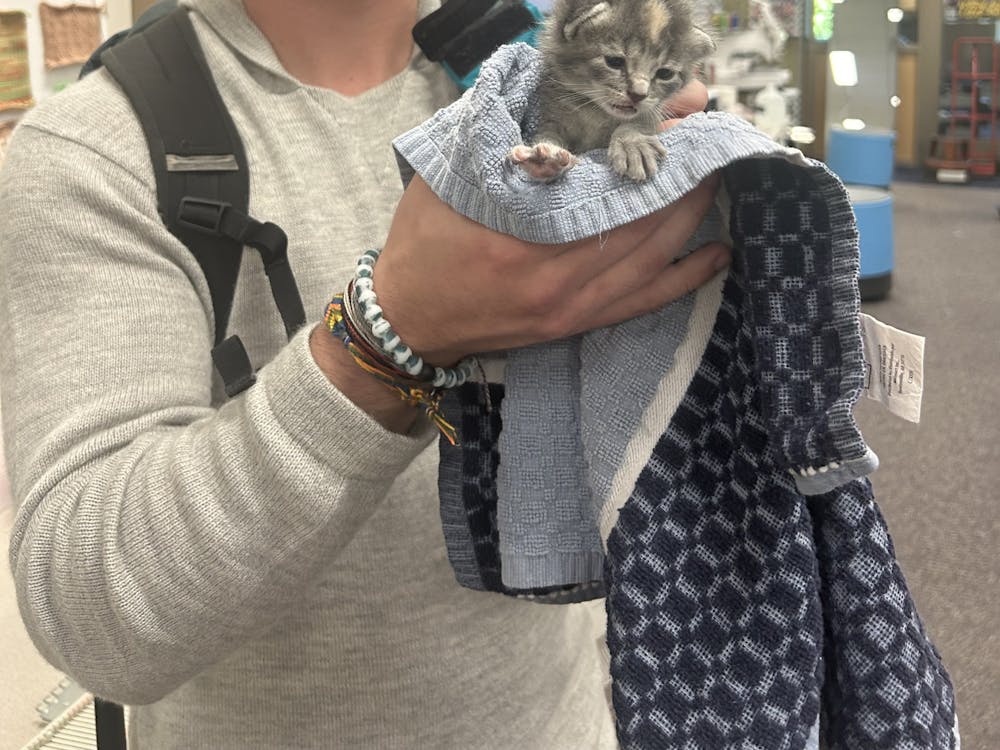It was about 9 p.m. on Saturday when I overheard a guy at the table next to me talking to a few girls. Where I was and what the guy looked like aren't important. It could have been anywhere in Oxford and he could have been any student. The conversation he had was similar to ones I hear every weekend. It went like this:
"My friend's 21st birthday was last last weekend and I missed it, so we're celebrating tonight. I bought him a bottle of whiskey and I'm going to try and get him to drink the whole bottle."
"I think that could probably kill somebody," one of the girls he was talking to joked.
"You know, I think I'd kind of like to test that out."
I'd like to write that I was brave. That I walked over to him and said something. But I didn't. Instead, I just sat there, swishing the foam from my latte around in my mouth.
I'm now hoping to rectify that mistake.
Two weeks ago, Miami University first-year Erica Buschick evidently tried to "test that out." She was killed. She was 18 years old.
Last Tuesday, The Miami Student printed a story that relied heavily on an audio recording of the 911 call that Erica's roommate, Reilley Graves, made when she woke up and realized that Erica was dead.
While many newspapers, including The Miami Student, have chosen to publish recordings of 911 calls in the past, I made the decision not to do so in this specific case. The recording is haunting to hear. I have listened to it a dozen times. And each time it feels like I'm there, standing in 223 Morris Hall, listening:
"So she's not awake?" the dispatcher asks. "Is she breathing?"
"No. She's stiff."
And each night I've been jolted awake by the sound of every siren. What if this time the ambulance is heading to somebody I know? Erica Buschick was not the first Miami student to die from high-risk alcohol consumption. And if history gives us any indication, she will certainly not be the last.
Enjoy what you're reading?
Signup for our newsletter
The conversation I overheard is just one of many examples of how Miami's efforts to educate students on the dangers of high-risk alcohol consumption have not worked. And I am worried that any "holistic assessments" of the university's past efforts will reveal that such assessments are the only step the university has ever taken. How many alcohol task forces have we had, anyway?
If we want change, it needs to come from the ground up.
And so, after the dismaying steps toward action promised by Miami's administration, I feel that I have to amend my initial decision. While The Miami Student will still not be publishing the audio recording on its website, I'm writing to tell our readers that obtaining it, themselves, is relatively easy.
Journalists are not the only people who can submit a records request. Anyone seeking to listen to the audio recording needs only to call the Butler County Sheriff's Office Central Records Unit (513-785-1030) and ask for it.
Many of the people who need to listen to it the most will likely not take the time to, but I believe that hearing this 911 call will do more to make Miami students re-think the way they drink than any
AlcoholEdu program ever has.
My hope is that it prompts at least a few students to stand up and do what I did not.
steinbjt@miamoh.edu




